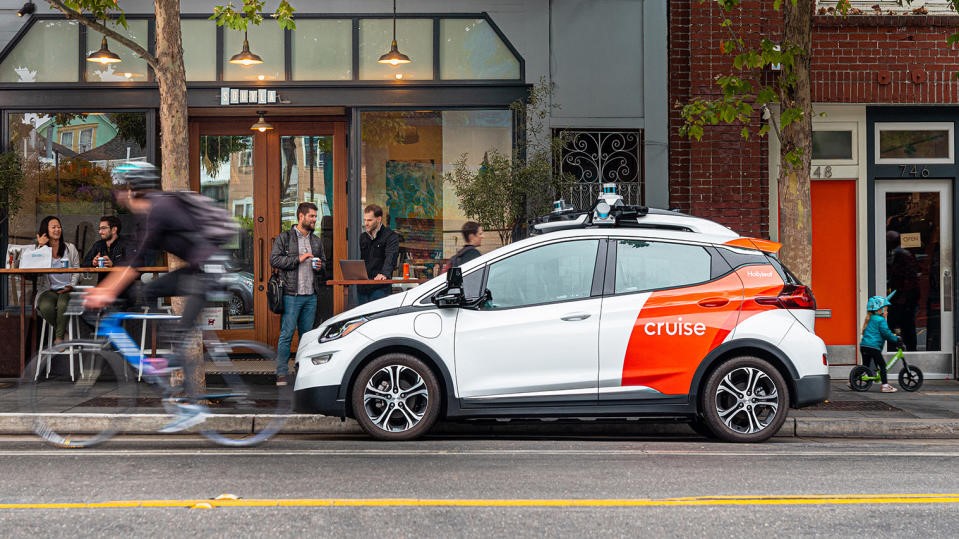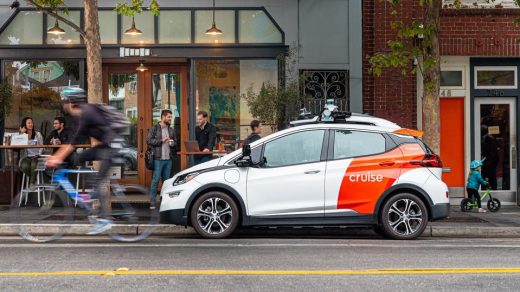GM’s Cruise will pay a $500,000 fine for submitting a false accident report
GM’s Cruise will pay a $500,000 fine for submitting a false accident report
The self-driving unit admitted lying about a serious accident involving a pedestrian.

GM’s robotaxi unit Cruise has agreed to pay a $500,000 for submitting a false accident report as part of a deferred prosecution agreement. The US Justice Department (DoJ) said that Cruise failed to disclose vital details about a serious October 2023 accident in which one of its vehicles struck a pedestrian and dragged her 20 feet after she was hit by another vehicle.
“Federal laws and regulations are in place to protect public safety on our roads. Companies with self-driving cars that seek to share our roads and crosswalks must be fully truthful in their reports to their regulators,” said Martha Boersch, Chief of the Office of the U.S. Attorney’s Criminal Division. Uber has yet to comment on the matter.
Under the terms of the three-year settlement, Cruise must cooperate with the government, put a safety compliance program into place and provide annual reports to the US Attorney’s office. The company could still be prosecuted if it fails to comply with those conditions. Cruise was previously fined $1.5 million by the National Highway Traffic Safety Administration (NHTSA) and reportedly reached a settlement with the victim worth at least $8 million.
According to the US Attorney’s office, a Cruise driverless vehicle operating in San Francisco ran over a pedestrian who had been thrown into its path after being struck by a separate, human-operated vehicle. The Cruise vehicle initially stopped after running over the pedestrian, but its systems failed to detect that she was still under the vehicle. It then tried to pull over to the side, dragging the woman over 20 feet. In Cruise’s report to the NHTSA, it said nothing about dragging the victim after it struck her. (Cruise also omitted this information in statements to the press at the time of the accident.)
Cruise was subsequently stripped of its license to operate self-driving vehicles in California. The company stopped all operations of both its driverless cars and its manned robotaxi service in order to engage in a comprehensive safety review. CEO Kyle Vogt resigned in November and GM announced plans to slash Cruise’s funding and to restructure leadership based on external safety reviews. Nearly a quarter of the company’s workforce was cut that in December.
Cruise vehicles stayed off roads for several more months but returned to Arizona in April and to Houston in June under the supervision of human drivers. In September this year, Cruise recommenced operations in California, again with human drivers at the wheel. In August, the company said its self-driving vehicles would come to Uber starting next year.
(7)


